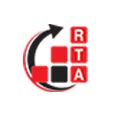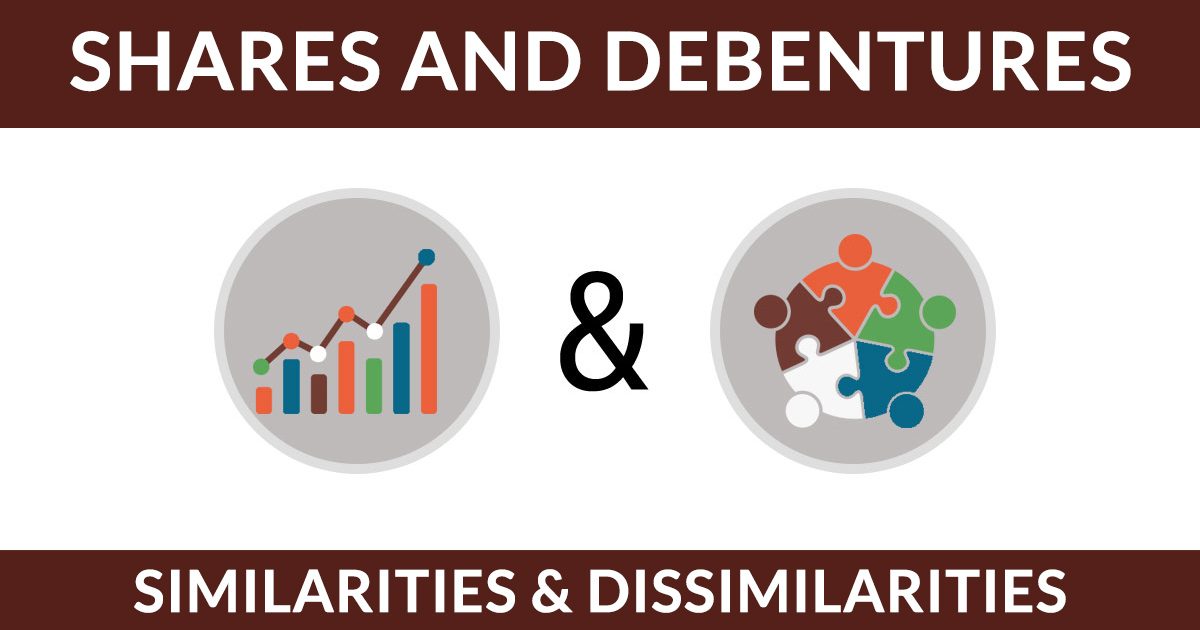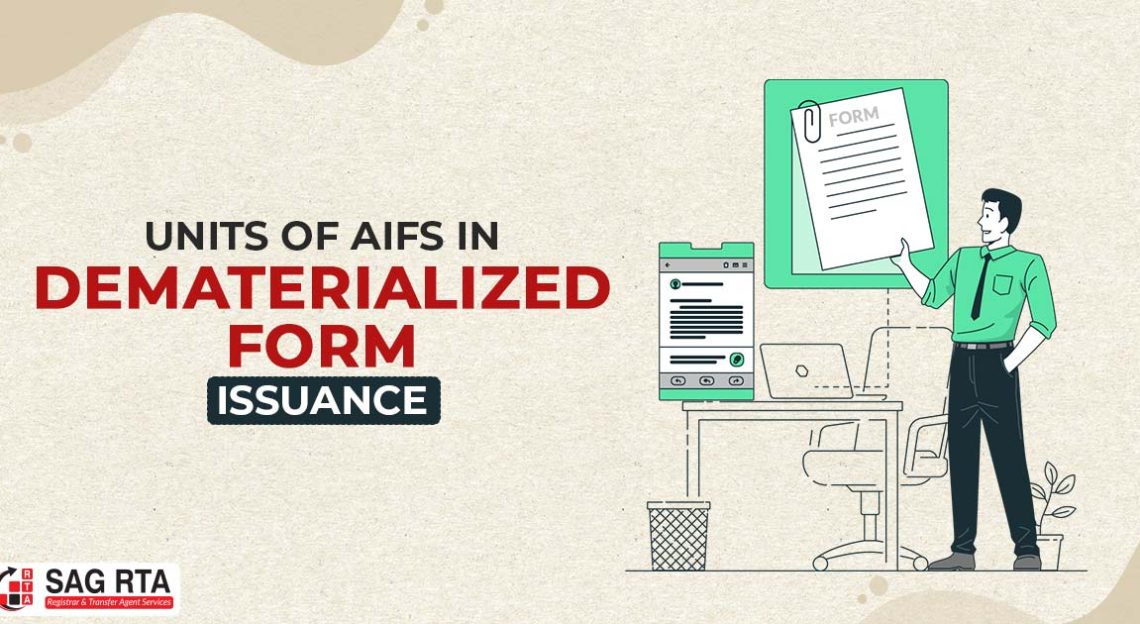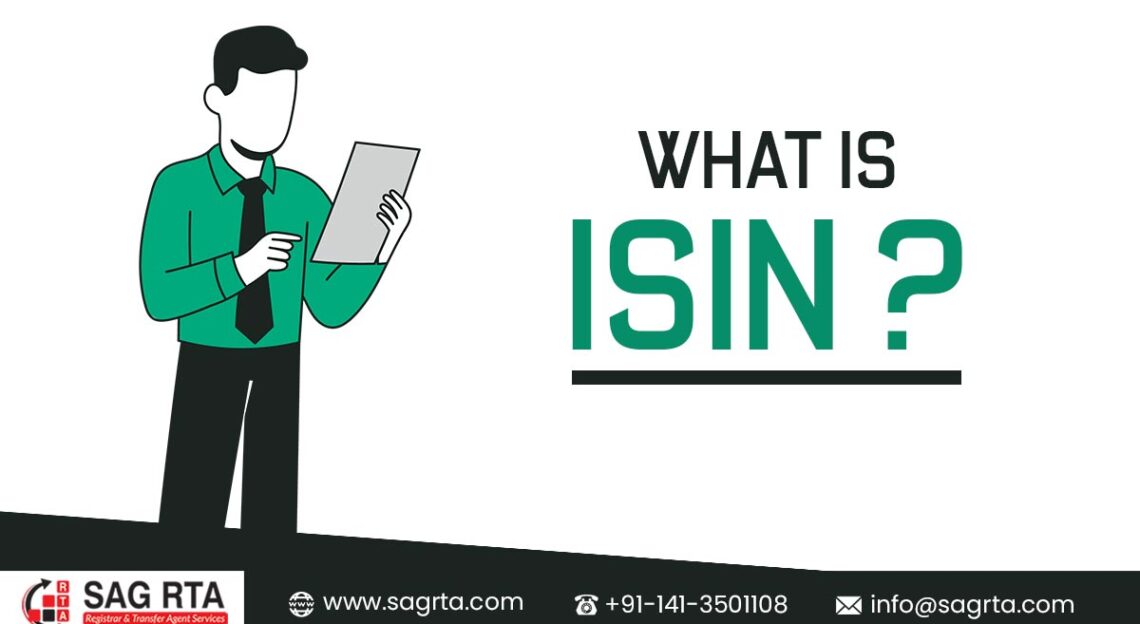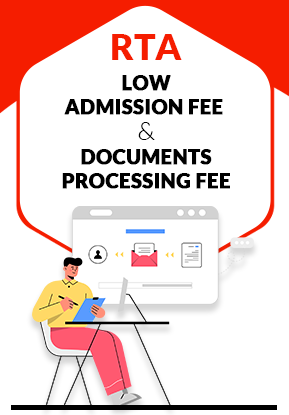Today every person of every age, caste, and sex is familiar with the terms – Shares and Debentures. Investment in shares and debentures is envisioned as one of the best options to invest your nest eggs for better returns. Although both of them are a kind of securities issued by companies to raise the funds, there is a substantial difference between the two terms.
Where shares signify the share capital of the company, Debentures represent the financial obligation (indebtedness) of the company towards the third party.
Definition of Shares
The share of a company can be referred to as a small division of the capital of the company. The total capital of the company is divided into parts of equal value, these parts are known as ‘Shares’. The shares are offered to the public via an open stock market with the purpose to raise the required capital for the company.
Shareholder, Dividend, Share Certificate and Share Price
The individuals who buy or hold the shares of the company become, the ‘Shareholders of the company and entitled to receive the dividend – portion of profits.
Shares depict the proportion of shareholder’s ownership in the company and Share A certificate of purchase of shares which is issued to the shareholders at the time of allotment, reflects the details of the shares including the share price. The share price is the rate at which shares are issued.
The shares are movable/ transferable i.e. their ownership can be transferred. The shares are majorly classified into two kinds – Equity Shares and Preference Shares.
Equity Shares:- The irredeemable shares with voting rights and flexible rate of dividend (depending on the policies and profits of the company) are known as Equity Shares.
Preference Shares:- The redeemable shares with no voting rights in the management but with a fixed rate of dividend are known as Preference Shares.
Note: At the time of winding up of the company, first the preference shares holders are repaid before equity shares holders and equity shares are repaid after the payment of all the liabilities.
Definition of Debentures
A Debenture is a long-term debt instrument issued by the company to the public under its common seal, attesting the indebtedness of the company.
Debenture Holder and Debenture Certificate
Debenture Holders are the individuals who hold debentures of a company.
A debenture Certificate is evidence of debenture issued under the company seal Encompassing terms and conditions regarding interest rate and repayment of capital.
- Debentures are redeemable
- Debentures are freely transferable.
- Debentures do not carry voting rights.
- Debentures have fixed return i.e. – interest at a fixed rate.
- Debenture holders are creditors for the company.
Types of Debentures are as follows:-
- Secured Debentures
- Unsecured Debentures
- Convertible Debentures
- Non-convertible Debentures
- Registered Debentures
- Bearer Debentures
In many other ways, the two terms vary from each other. We are presenting some of them:
- Meaning and kind of funds
First of all the basic difference is that the share is the owned funds of the company and so represents the capital of the company while the debentures are the borrowed funds of the company and so represent the debts of the company.
- Holders and their status
The holders of shares are known as shareholders who are the owners of the company in different proportions based on the shares they hold and enjoys various rights under the statute. While the holders of debentures are debenture holders, they are the creditors.
- Form and Payment of Return
Shareholders get the return in the form of dividends which are given to them out of profits. Debenture holders get the return in the form of interest which is paid to them regardless of whether the company earns a profit or not.
- Allowed as deduction and Security of payment
A dividend on shares is a part of the profit earned by the corporate entity so it cannot be allowed as a deduction (only expenses can be allowed as a deduction). Interest on debentures is paid by the company, it is an expense so it is allowed as a deduction. Since interest has to be paid to the debenture holders irrespective of the profit earned by the company so, the security of payment is there. But in the case of equity shares, the payment of dividend depends upon the profit earned by the company, so the security of payment is not there.
- Voting rights
Shareholders are the owners of the corporate entity so they possess voting rights in any decision related to the company. Debenture holders are just the creditors of the company and so they do not have any right to vote in any decision of the company.
- Conversion from shares to debenture and vice -versa.
Share can never be converted into debentures while debentures can be converted into shares i.e. the creditors of the company can become its owner, however, an owner can never be the creditors for its company.
- Repayment at the time of winding up
At the time of winding up, Debentures are first repaid followed by the repayment of Shares as debentures are a liability and so it needs to be repaid first.
- Quantum
The distribution of Dividends on shares can be referred to as the allocation of profits in some predefined proportion while the interest on debentures is a charge against the profit which the company earns.
- Trust Deed
No trust deed is executed when shares are allotted but a trust deed must be executed when the debentures are issued to the public.
Similarities between Debentures and Share
- Holders of both are investors in the company
- Both can be the public
- Both are fundraising tools for the company
Wrapping up:
Both come with some set of advantages and disadvantages. Where shares come with voting rights in the management of the company, Debentures come with a fixed amount of interest, whether or not the company sprouts profits. Shareholders are the owners of the company while debenture holders get repayment at priority before the shareholders at the time of winding up.
